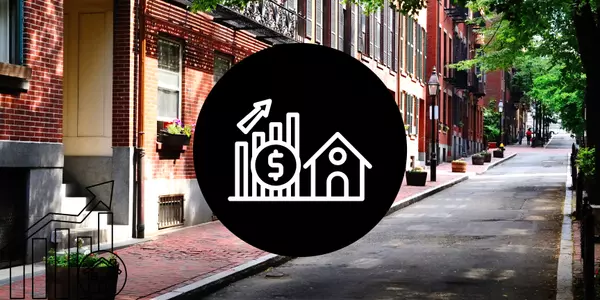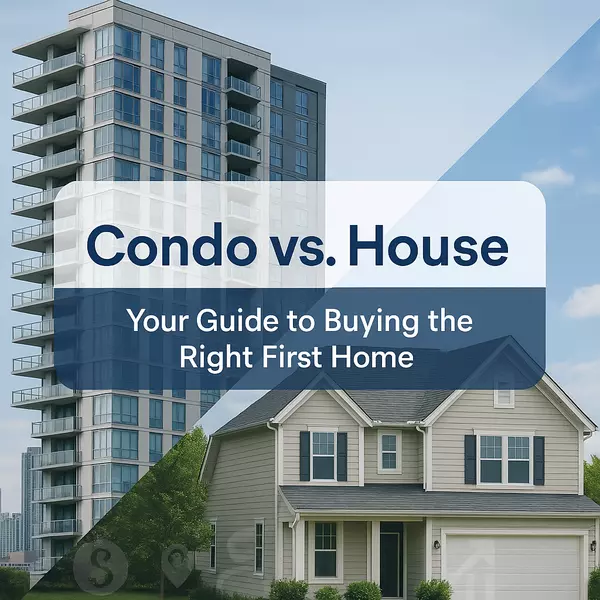A Deep Dive Into Pricing: Boston Condos vs Single Family Homes vs Luxury Properties
A Deep Dive Into Pricing: Boston Condos vs Single Family Homes vs Luxury Properties
When it comes to selling your home in Boston, pricing is more than just a number—it’s a strategy. Whether you own a cozy condo, a classic single-family home, or a high-end luxury property, understanding the nuances of the Boston market can make all the difference in your selling experience. Let’s explore how pricing varies across these property types and why it matters for your bottom line.
Boston Condos: The Urban Pulse
Condos are the heartbeat of Boston’s urban landscape. They attract young professionals, downsizers, and investors looking for convenience and amenities. Pricing for Boston condos is influenced by:
- Location: Proximity to public transportation, universities, and downtown hotspots can command a premium.
- Building Amenities: Gyms, concierge services, and roof decks add value.
- Size & Condition: Updated kitchens and bathrooms, open layouts, and high-end finishes all bump up the price.
On average, condos in central neighborhoods like Back Bay, South End, and Seaport tend to have higher price-per-square-foot than those in outlying areas. But competition is fierce—pricing too high can lead to extended days on market, while a competitive price often sparks bidding wars.
Single Family Homes: Suburban Appeal in the City
Single-family homes in Boston offer space and privacy that condos can’t match. These properties appeal to families and buyers looking for yards, garages, and more room to grow. Pricing is shaped by:
- Neighborhood: Areas like West Roxbury, Jamaica Plain, and Dorchester offer a range of options, with prices varying dramatically block by block.
- Lot Size & Outdoor Space: A big backyard or a rare driveway can be a game-changer.
- Age & Character: Historic charm can add value, but outdated systems may require price adjustments.
Single-family homes often see less inventory than condos, which can drive up prices in hot neighborhoods. However, buyers are careful—they expect move-in ready condition or a price that reflects needed updates.
Luxury Properties: The Sky’s the Limit
Boston’s luxury market—think penthouses, waterfront estates, and historic mansions—operates on its own set of rules. Here, pricing is all about:
- Prestige & Exclusivity: Address and privacy matter as much as square footage.
- Customization & Features: Private elevators, smart home systems, and designer finishes set these homes apart.
- Market Timing: Luxury buyers are discerning and patient; pricing must reflect both uniqueness and current demand.
Luxury properties often require a tailored marketing approach and may take longer to sell. Overpricing can be especially risky, as savvy buyers know the market and will wait for the right deal.
Key Takeaways for Sellers
- Work with a local expert who understands micro-markets within Boston.
- Be realistic—look at recent sales and current competition, not just wishful thinking.
- Consider professional staging and strategic pricing to stand out.
Ultimately, the right price is a blend of data, experience, and a little bit of art. By understanding how your property fits into Boston’s diverse landscape, you can set yourself up for a successful sale—no matter what you’re selling.
Recent Posts







GET MORE INFORMATION

